Alberto Lattuada: A breath of fresh air from the past

The Italian director Alberto Lattuada was honoured with a retrospective at this year’s Locarno Film Festival. Time to rediscover a forgotten author whose work still provokes deep uneasiness.
When the name Alberto Lattuada comes up in film criticism, even back when the director was still making movies, the general sentiment seems to be a kind of confusion. Not so much about the quality of his works which certainly have been championed—the French film magazine PositifExternal link once dedicated an entire issue to his filmography—but rather the sensibility of Lattuada’s oeuvre and how it straddles Neorealism and melodrama, social critique, and erotic sleaze.
The word “unclassifiable” gets thrown around often, even in the press release for Locarno’s staggeringly exhaustive Alberto Lattuada retrospective for this year’s edition of the festival. Covering a career that stretches from the 1940s to the 1980s, this celebration of a forgotten Italian master is a breath of fresh air from the past, especially within the context of the current film culture where ‘newness’ reigns.
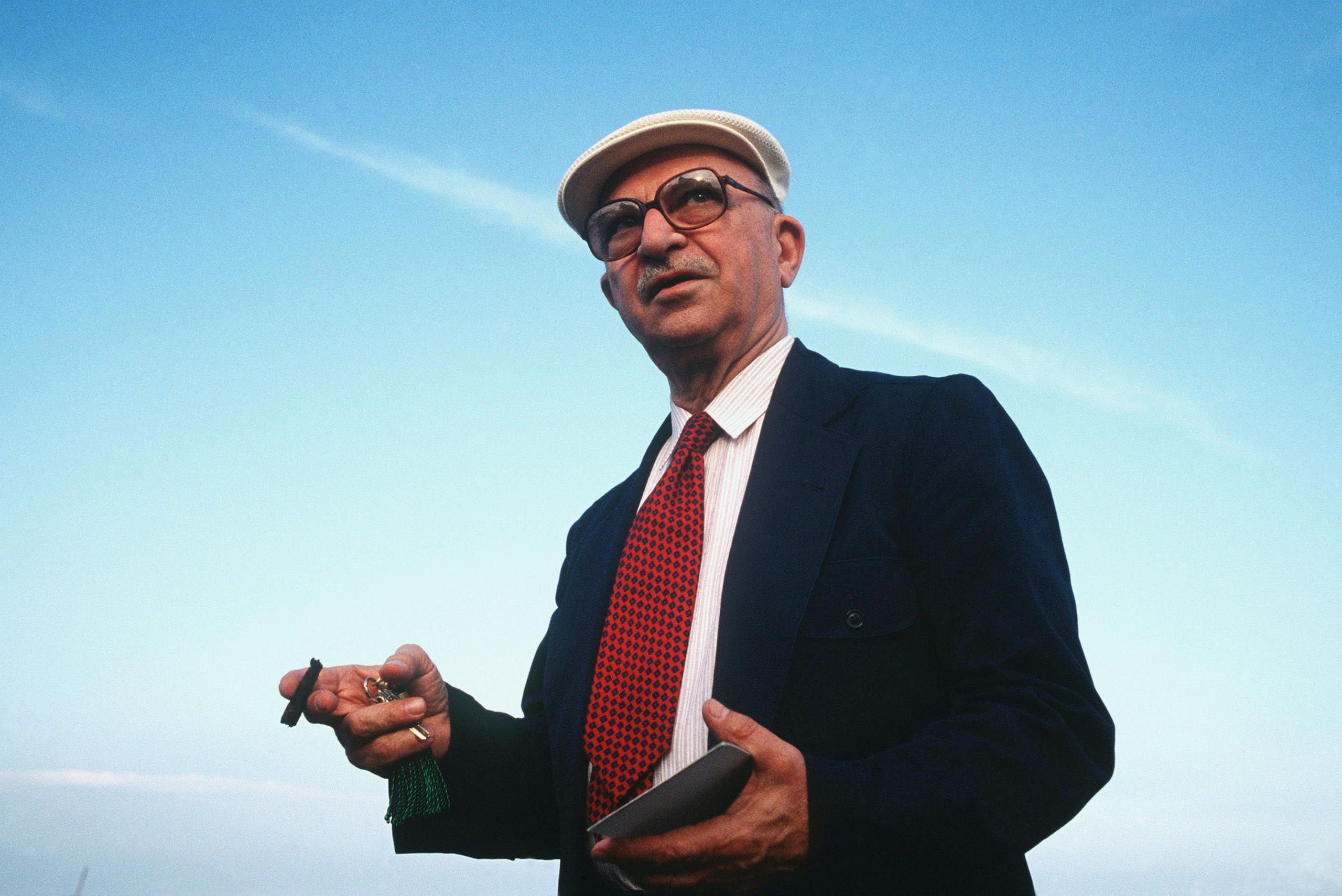
A pioneer under the reign of fascism
A bona fide cinephile, Lattuada had always wanted to study filmmaking, yet he was compelled by his father, the composer Felice LattuadaExternal link, to train as an architect. During this time, along with his mentor Mario FerrariExternal link, Lattuada formed a film club which would later become Cineteca ItalianaExternal link, a cinema archive and museum in Milan, Italy.
This love for films, mixed with his left-wing politics, got Lattuada into trouble with the police, as he attempted to screen banned movies like Jean RenoirExternal link’s La Grand Illusion.
The mix of political consciousness and a knowledge of filmic forms is especially evident in Lattuada’s early films in the 1940s. For instance, Senza pietà (Without Pity, 1948), which Lattuada co-scripted with Federico Fellini, is a plea for love and acceptance in post-war Italy, as it follows the romance between a sex worker and an African-American soldier.
The NeorealistExternal link influences are apparent in the numerous on-location shots of the rubbles and ruins in Livorno, and yet, the plot structure is strikingly baroque. In fact, Senza pietà feels like five different movies packed into one, a roller-coaster that zips from one extreme to another. From prison escapes to smuggling deals, Lattuada deftly meshes the naturalistic outdoor shootings with highly melodramatic plot points to swoony, heady effects.

More
#LocarnoCloseup
Moving along trends
This ability to move between different filmic aesthetics and trends—from Neorealism to genre filmmaking—is precisely the reason why Lattuada is so difficult to categorize as a filmmaker, thus excluding the director from the pantheon of Italian auteurs.
Nevertheless, Mafioso, Lattuada’s 1962 masterpiece, beautifully articulates the tremendous influence that the filmmaker has on cinema history. Revolving around a homecoming trip to Sicily for Antonio, a meek factory manager played by Alberto Sordi, this dark comedy-drama bears numerous similar characteristics to Francis Ford CoppolaExternal link’s much more well-known The Godfather, released a mere ten years later.
Scenes of familial celebrations followed by secretive pacts and nefarious arrangements, for instance, recall The Godfather’s canonical opening scene. Furthermore, while the famous sequence in Coppola’s film where a baptism is juxtaposed with violent assassinations has been revered as pioneering, Lattuada’s Mafioso actually accomplished this feat first. Here, in an especially crucial sequence, a Sunday mass is intercut with a mob figure planning out a hit which will involve the unwitting Antonio.
The Lattuada retrospective thus affirms that film history is never static but endlessly malleable. History does not exist in a mere vacuum; it is a living, breathing entity. The clear influence that Mafioso has on The Godfather shows that critics, as well as film historians, must remain prudent in looking at films as a pure extension of an auteur’s genius when, in reality, an artwork will always exist within a system of previous traditions and inspirations.
A complicated legacy
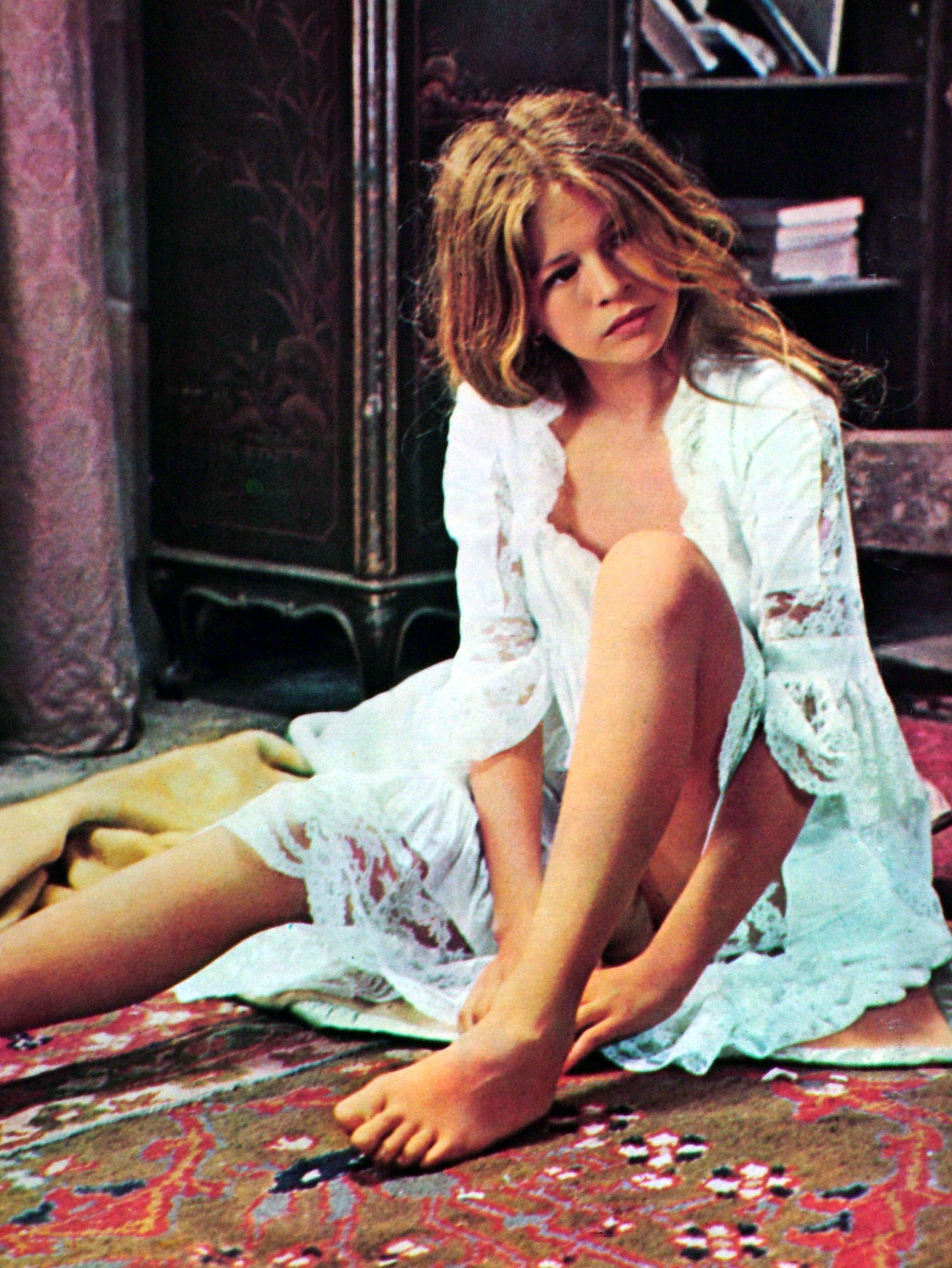
Post-Mafioso, Lattuada’s films were particularly successful at launching luminous new starlets, such as Catherine SpaakExternal link and Nastassja KinskiExternal link. However, these later films also further complicate Lattuada’s legacy, as they revolve around subjects that are somewhat less “respectable” than his earlier works.
The interest in social critiques is replaced by a fixation on the ever-mystifying dynamic between men and women, a confusion intensified by Lattuada’s penchant for featuring relationships between young girls and much older men.
While these stories might appear passé to the gender politics of our times, this drastic shift in Lattuada’s oeuvre is deeply fascinating. In fact, it is this very inconsistency that makes the director an even more beguiling figure. Locarno attendees who are afforded a rare chance to see such a wide range of Lattuada’s films are sure to be mesmerized and befuddled at the same time.
As an admirer of Lattuada’s works prior to this retrospective, I find it a personal joy to eavesdrop in the numerous questions that arise after each screening at the GranRex theatre. Why was Lattuada involved in Yugoslavian co-productions in the 1950s? How come a political film about bureaucracy also erotically lingers on female characters? The joy of watching Lattuada’s films, as well as exploring his life details, lies in the lack of easy answers, and the pure, maximalization of pleasures that his cinematic visions provide.
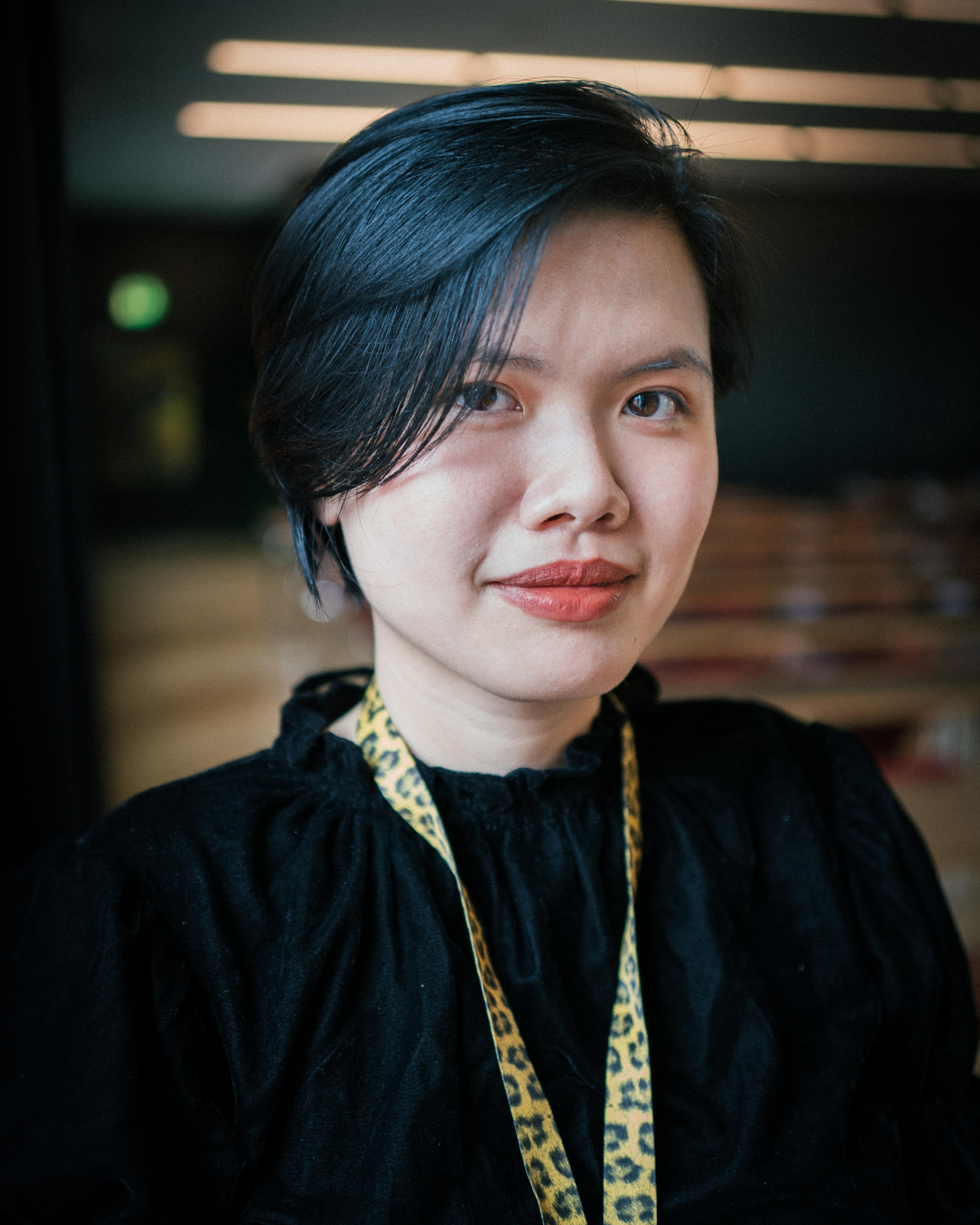
Phuong Le is a Vietnamese film critic based in Paris. A BBC Radio 3 contributor, her writings can also be found in The Guardian, Sight & Sound, and Film Comment. She is on Twitter as @phuonghhle, and she also curates a “nails on film” Instagram called @nailsnitrate.

In compliance with the JTI standards
More: SWI swissinfo.ch certified by the Journalism Trust Initiative









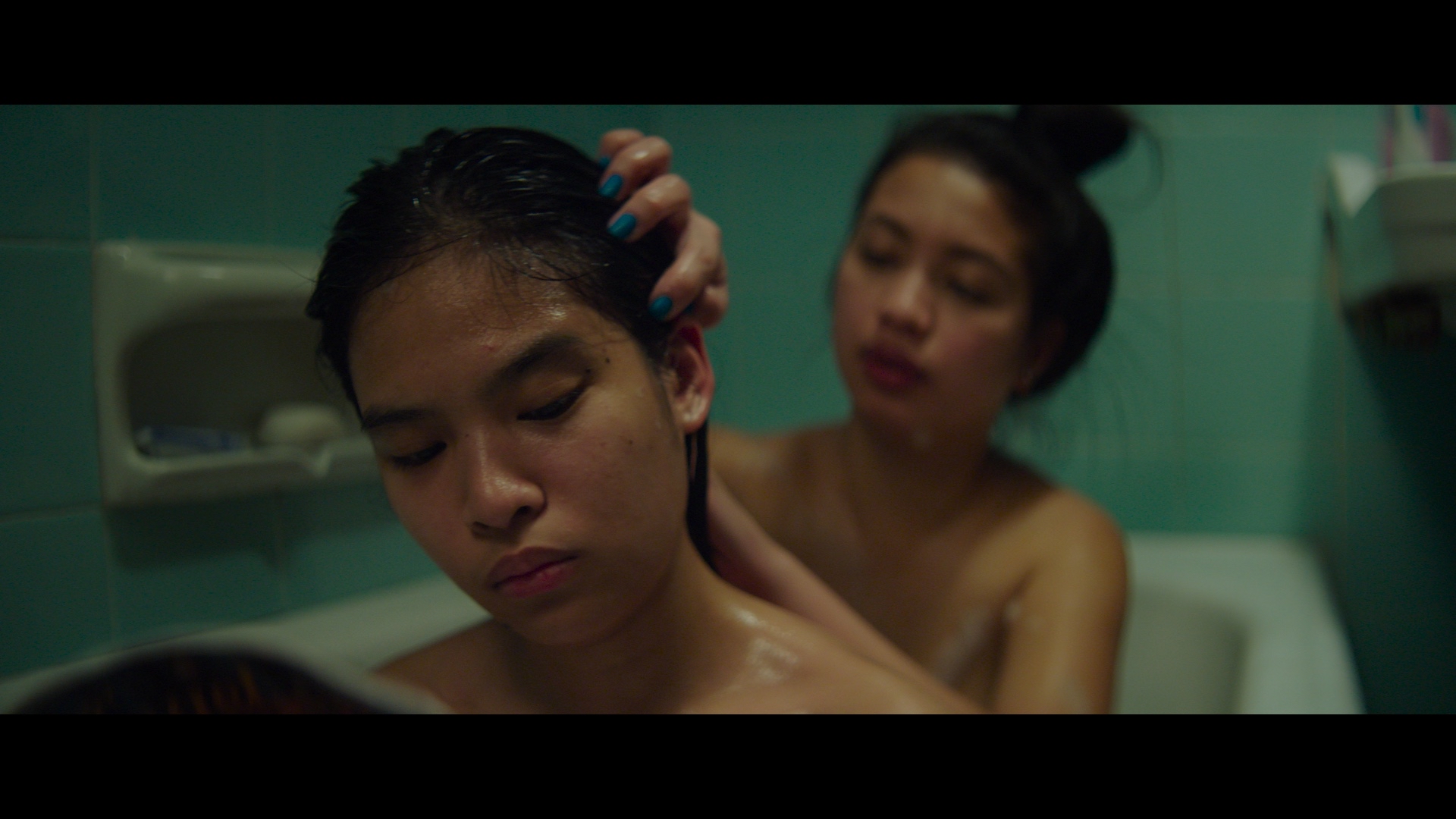
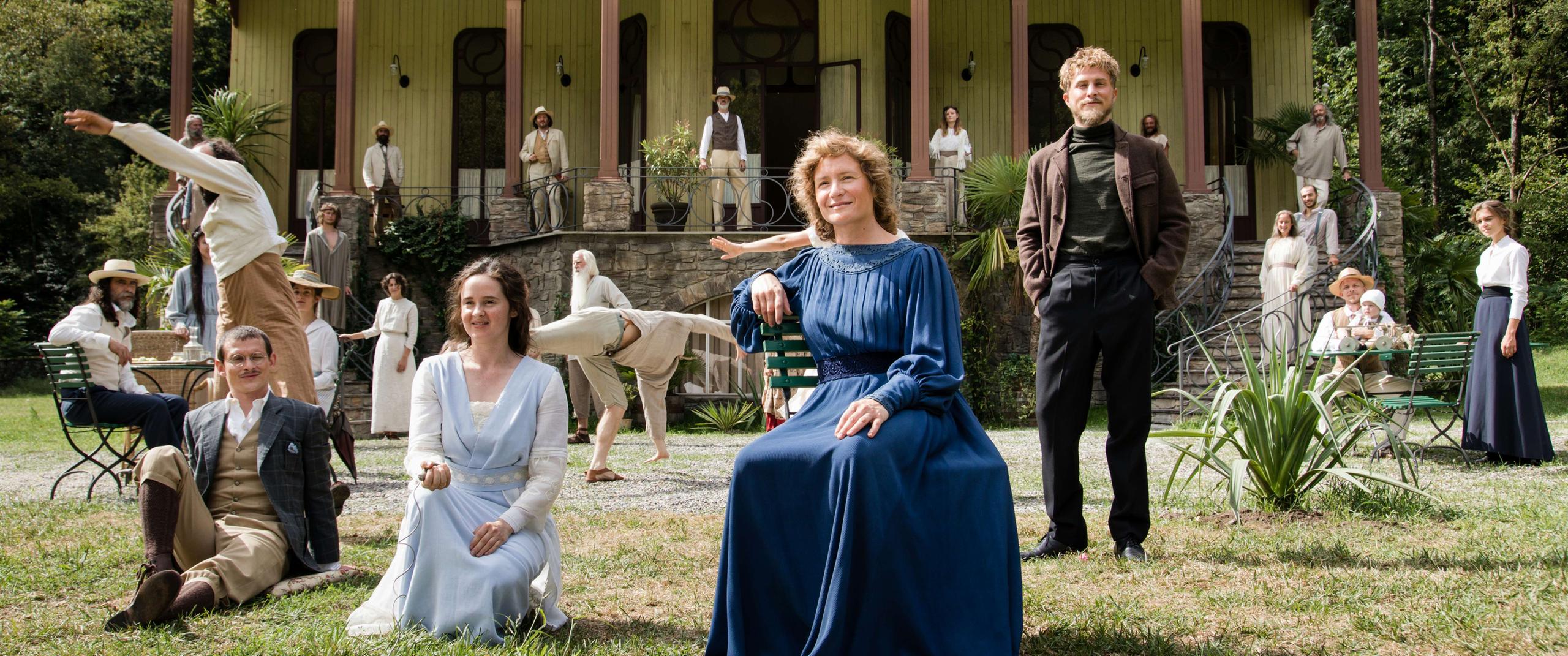
You can find an overview of ongoing debates with our journalists here . Please join us!
If you want to start a conversation about a topic raised in this article or want to report factual errors, email us at english@swissinfo.ch.